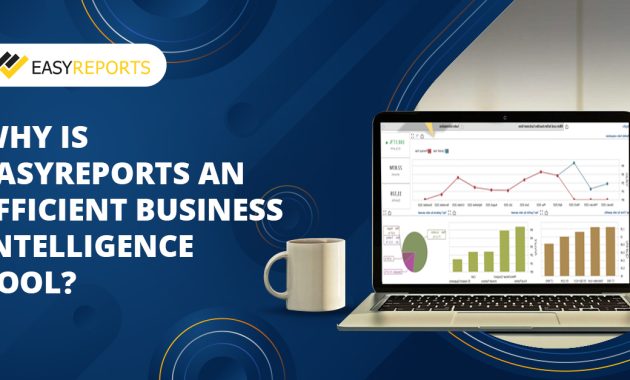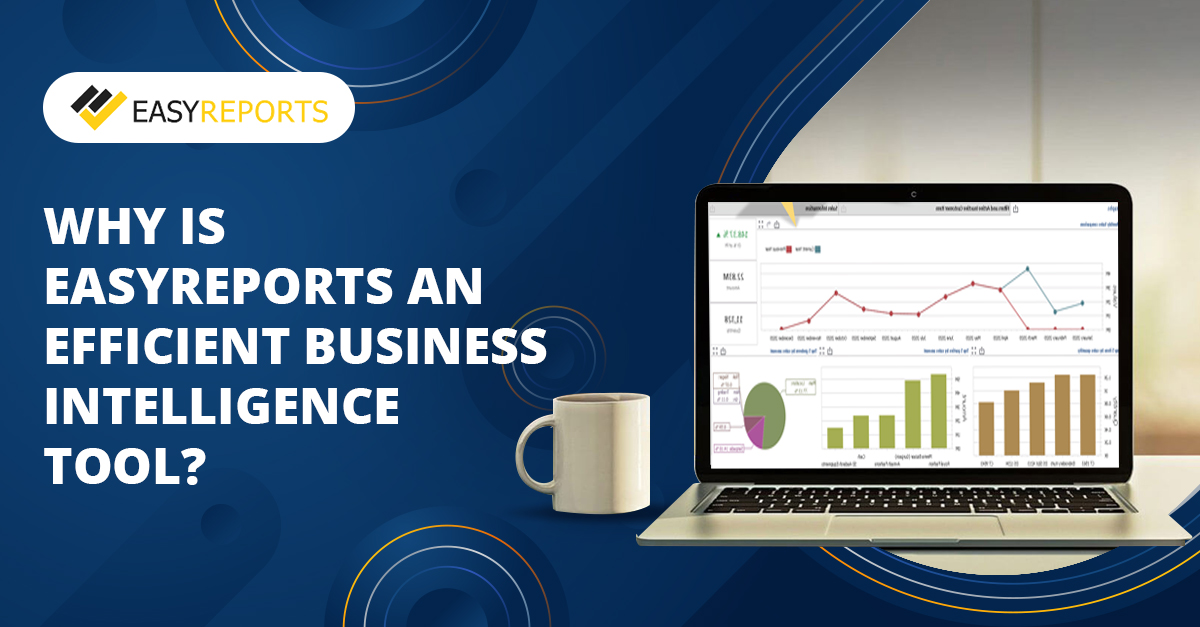
Winning with 8 Business Intelligence Tools That Drive Revenue
In today’s data-driven business landscape, making informed decisions is no longer a luxury; it’s a necessity. Companies that leverage data effectively gain a significant competitive advantage. This is where business intelligence (BI) tools come into play. These powerful software solutions transform raw data into actionable insights. They empower businesses to understand trends, identify opportunities, and make strategic decisions that drive revenue growth. This article explores eight leading business intelligence tools, detailing their key features and how they can contribute to your bottom line.
The core function of business intelligence tools is to analyze data. They collect data from various sources, including databases, spreadsheets, and cloud services. This data is then processed, analyzed, and visualized through dashboards, reports, and interactive charts. This allows users to quickly grasp complex information and identify key performance indicators (KPIs). Successful implementation of business intelligence tools requires careful planning. It also requires selecting the right tools for your specific business needs. The following eight tools offer diverse functionalities to meet various requirements.
Understanding the Power of Business Intelligence
Before diving into specific tools, it’s important to understand the underlying principles of business intelligence. At its heart, BI is a process. It involves collecting, analyzing, and interpreting data to gain insights. These insights inform better business decisions. The benefits of using business intelligence tools are numerous. They include improved decision-making, increased efficiency, and enhanced profitability. They can also lead to better customer understanding and improved market responsiveness. Data-driven insights empower companies to anticipate market trends. They also help them adapt quickly to changing customer demands. This ability to adapt is crucial for sustained success in today’s dynamic business environment.
Eight Business Intelligence Tools to Boost Revenue
Tableau
Tableau is a widely recognized leader in the business intelligence tools market. It’s known for its intuitive interface and powerful visualization capabilities. Tableau allows users to connect to a wide range of data sources. It allows them to create interactive dashboards and reports with ease. Its drag-and-drop functionality makes it accessible to users with varying levels of technical expertise. Tableau’s robust features include data blending, advanced analytics, and mobile accessibility. These contribute to its popularity among businesses of all sizes. It is a powerful tool for gaining insights and making data-driven decisions.
Microsoft Power BI
Microsoft Power BI is another dominant player in the business intelligence tools space. It offers a comprehensive suite of features. Power BI seamlessly integrates with other Microsoft products. It is particularly well-suited for businesses already invested in the Microsoft ecosystem. Power BI offers a user-friendly interface. It also boasts robust data modeling capabilities. It allows users to create stunning visualizations. Power BI also includes features like natural language querying and real-time data refresh. These features make it a versatile solution for various business needs.
Qlik Sense
Qlik Sense is a powerful business intelligence tool known for its associative data modeling engine. This engine allows users to explore data in a more intuitive way. Qlik Sense highlights connections between data points. It makes it easier to uncover hidden insights. Qlik Sense offers a flexible and scalable platform. It supports a wide range of data sources. It provides advanced analytics capabilities. These include predictive analytics and machine learning integration. It can help users make more informed decisions.
Looker (Google Cloud)
Looker is a modern business intelligence tool acquired by Google Cloud. It focuses on data modeling and data governance. Looker allows businesses to create a single source of truth for their data. It ensures consistency and accuracy across all reports and dashboards. Looker’s powerful data modeling capabilities enable users to define business metrics. They can also create reusable data models. Looker also offers a robust set of features for data exploration and visualization. It is a strong choice for organizations. These organizations want to prioritize data governance and consistency.
Sisense
Sisense is a business intelligence tool that specializes in handling large and complex datasets. It is designed for businesses. These businesses need to analyze massive amounts of data. Sisense offers in-chip technology. It allows for fast and efficient data processing. Sisense provides a user-friendly interface. It also offers a wide range of data visualization options. It also supports advanced analytics capabilities. It is an excellent choice for businesses. These businesses need to analyze large volumes of data quickly.
ThoughtSpot
ThoughtSpot is a business intelligence tool that focuses on search-driven analytics. It allows users to ask questions about their data in natural language. ThoughtSpot uses artificial intelligence (AI). It provides instant answers in the form of visualizations and insights. This makes it easy for anyone to explore data. It requires no prior experience with data analysis. ThoughtSpot is ideal for businesses. These businesses want to empower all employees to access and analyze data easily.
Domo
Domo is a cloud-based business intelligence tool. It offers a comprehensive platform for data integration, analysis, and visualization. Domo allows users to connect to a wide range of data sources. It provides real-time dashboards and alerts. Domo also offers collaborative features. These features enable teams to share insights and work together on data-driven projects. Domo is a good choice for businesses. These businesses need a centralized platform for managing and analyzing data.
Zoho Analytics
Zoho Analytics is a business intelligence tool that is part of the Zoho suite of business applications. It offers a user-friendly interface and a wide range of features. Zoho Analytics is suitable for small and medium-sized businesses. It enables them to analyze data from various sources. It also provides interactive dashboards. Zoho Analytics also offers advanced analytics capabilities. It is a cost-effective solution for businesses seeking an easy-to-use BI tool.
Key Considerations When Choosing a BI Tool
Selecting the right business intelligence tool is crucial for success. Several factors should be considered. These include your business’s specific needs and technical capabilities. Data volume and complexity are important factors. Your budget and the level of user expertise within your organization also matter. Consider the following factors when choosing a BI tool:
- Ease of Use: Choose a tool with an intuitive interface. This will ensure adoption across your organization.
- Data Integration: Ensure the tool can connect to your existing data sources. Check that it supports the formats you use.
- Scalability: Consider your future data growth. Select a tool that can handle increasing data volumes.
- Visualization Capabilities: Look for tools that offer a wide range of visualization options. This will allow you to present data effectively.
- Advanced Analytics: If you need predictive analytics or machine learning, ensure the tool supports these features.
- Cost: Evaluate the pricing model and ensure it aligns with your budget. Consider the total cost of ownership, including training and support.
- Security: Ensure the tool has robust security features. These features will protect your sensitive data.
Implementing and Maximizing the Value of BI Tools
Implementing business intelligence tools is only the first step. To maximize the value of these tools, you need a well-defined strategy. Start by clearly defining your business goals and KPIs. Identify the data sources you need to analyze. Then, create dashboards and reports that provide actionable insights. Invest in training and support to ensure users can effectively use the tools. Regularly review and update your dashboards. This will ensure they remain relevant and useful. Foster a data-driven culture. Encourage employees to use data to inform their decisions. By following these steps, you can unlock the full potential of your business intelligence tools. You will also drive revenue growth and gain a competitive edge. [See also: How to Integrate Business Intelligence into Your Workflow]
Conclusion: Driving Revenue with Data-Driven Decisions
In conclusion, business intelligence tools are essential for businesses. They are crucial for businesses looking to thrive in today’s data-driven world. The eight tools discussed above offer diverse functionalities. They cater to a range of business needs and budgets. By carefully selecting and implementing the right BI tools, businesses can unlock valuable insights. They can make informed decisions that drive revenue growth and improve overall performance. Embrace the power of data. Start your journey toward data-driven success today.

